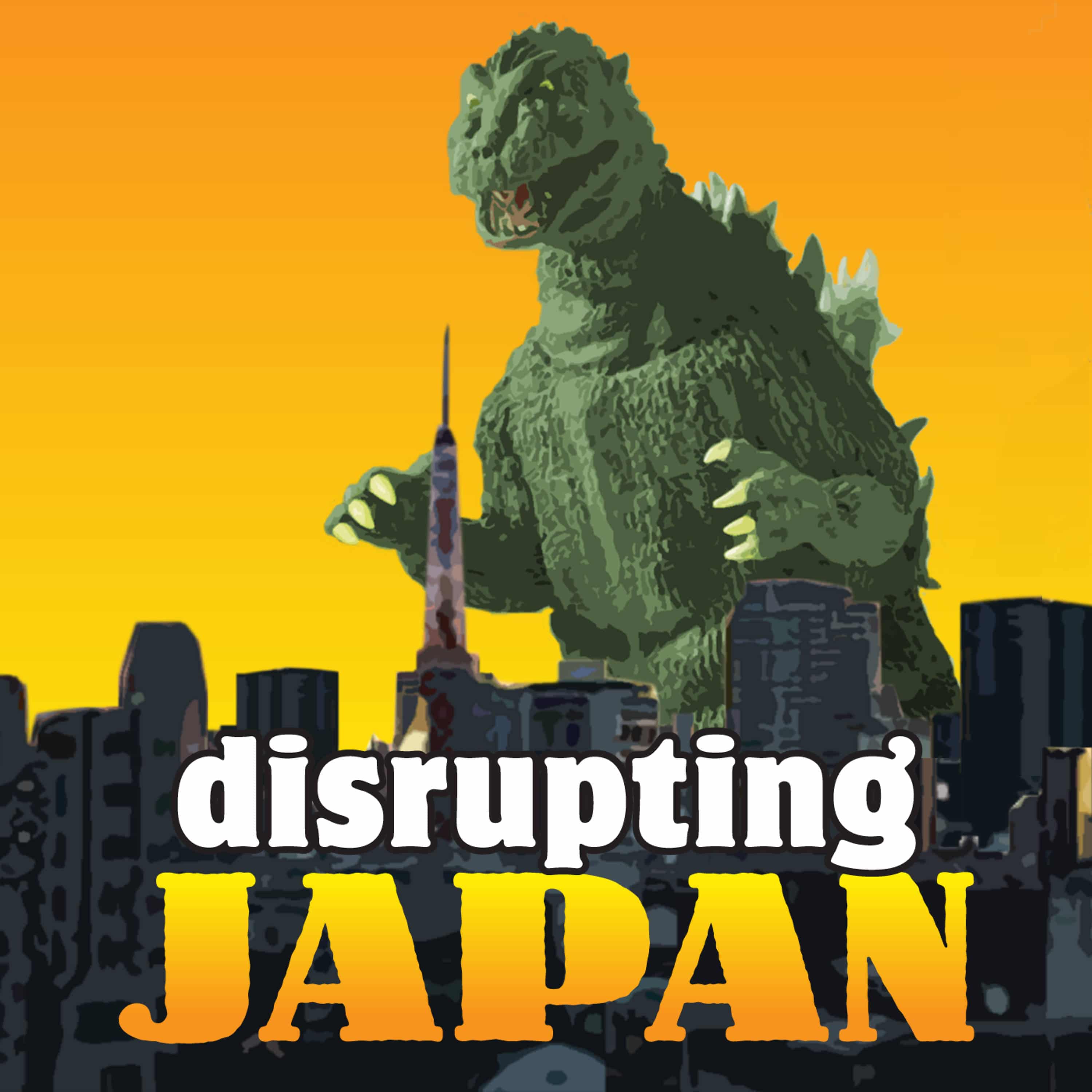As of this writing in May 2019, Disrupting Japan podcast gets 10,000 listeners in 116 countries. That is after doing 147 episodes over multiple years.
Most podcasts in Japan are recycled radio shows. You can find good independent shows, but you really have to look for it.
It was supposed to be the host talking with his founder friends, talking about what it is like to be an innovator in a culture that prizes conformity. It was first launched in September 2014 to a small group of friends.
Sacrifice production quality and "professionalism" if that means you could get honest and personal conversations that will resonate with your listeners. Also, don't spend money on social media to promote podcasts, it doesn't work. Whatever "engagement" these platforms are selling you, if they are not adding new listeners to your episodes, it does not matter.
The most effective way to grow is via interactions - find a handful of LinkedIn and Facebook groups and connect with people yearning for your content. Go offline and speak on the topic you cover. Create an email list and let listeners subscribe. Some of your fans might want to be on the list and never listen to the podcast, but they will still engage with your other content.
Figure out who your audience is and then really understand who are the companies that would like to connect with this audience. Who would you feel good about recommending? Start connecting to them via email, in person, or however you can. Talk to them about sponsorship and then you will figure out what they actually want from you. Make it happen.
Clicks and listens are great, but they are a commodity product which makes it a perfectly competitive market for you, and does not differentiate your potential advertisers. Instead of selling what everyone else is doing, if you can figure out a unique value proposition that will really make your audience connect with the advertiser, then you can charge premium rates for premium content.
If you do it right, live appearances can consistently bring people to future events and add listeners to the podcast itself.
Be prepared to spend as much time on your advertisers as you do on the podcast itself. Finding advertisers, writing ad copy, explaining your audience and your metrics, and creating custom content for the advertisers, all of that will put huge demand on your time.
It is tempting to let someone bring sponsors to you, but at the end, your sponsorship and ad rates are proportional to how much effort you are willing to put in it.
Podcasters are professionals for whom the medium is the message. Meanwhile podcast creators are artisan craftsman who do this for the love of the craft, for the unique connections that are formed through interviews.
Podcasting lets you tell stories that cannot be told in any other medium. It creates a community that would not come together in the same way around other mediums. Podcasting could also be financially rewarding and be an amazing tool for networking and for building a personal brand.
It is hard to get people to go off script, particularly if they are not speaking in their native language, or trained to speak in front of a microphone. In order to get people to open up and talk about their challenges, you need to be empathetic and sincere. Being an objective and detached observer does not work. You have to get outside of your comfort zone and share your own hopes and fears and insecurities.
Hearing someone else being honest enables the listener to share their own story.
